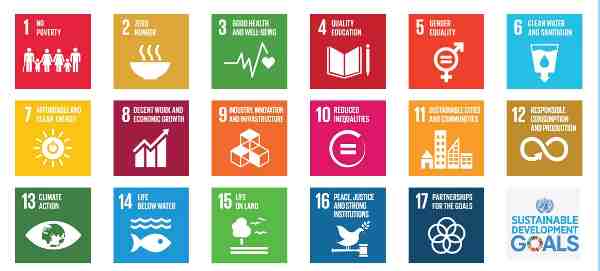Global Employment Challenge: Poor Working Conditions

Poor quality employment is the main issue for global labour markets, with millions of people forced to accept inadequate working conditions, according to a new report released Wednesday by the International Labour Organization (ILO).
The data gathered for the World Employment and Social Outlook: Trends 2019 (WESO) shows that a majority of the 3.3 billion people employed globally in 2018 had inadequate economic security, material well-being, and equality of opportunity. The progress in reducing unemployment globally is not being reflected in improvements in the quality of work.
The report, published by the ILO, cites the persistence of a number of major deficits in decent work, warning that, at the current rate of progress, attaining the goal of decent work for all, as set out in the Sustainable Development Goals (SDGs), particularly SDG 8, seems unrealistic for many countries.
| Download and Read RMN Publications | ||
| TechWise Today | The Integrity Bulletin | Clean Climate |
| Legal Directions | Young Learner | Real Voter |
“SDG 8 is not just about full employment but the quality of that employment,” said Deborah Greenfield, ILO Deputy Director-General for Policy. “Equality and decent work are two of the pillars underpinning sustainable development.”
The report cautions that some new business models, including those enabled by new technologies, threaten to undermine existing labour market achievements – in areas such as improving employment formality and security, social protection and labour standards – unless policy-makers meet the challenge.
“Being in employment does not always guarantee a decent living,” said Damian Grimshaw, ILO Director of Research. “For instance, a full 700 million people are living in extreme or moderate poverty despite having employment.”
The annual report also highlights some pockets of progress. Should the world economy manage to avoid a significant downturn, unemployment is projected to decline further in many countries.
There has also been a great decrease in working poverty in the last 30 years, especially in middle-income countries, and a rise in the number of people in education or training.






